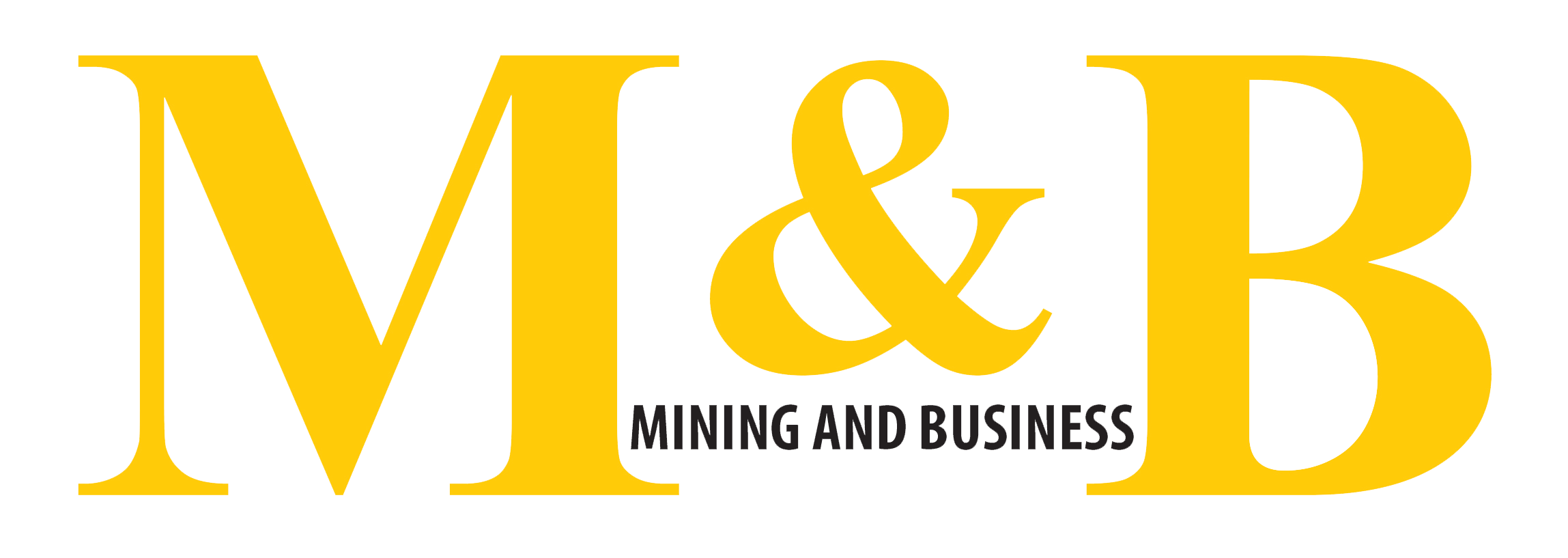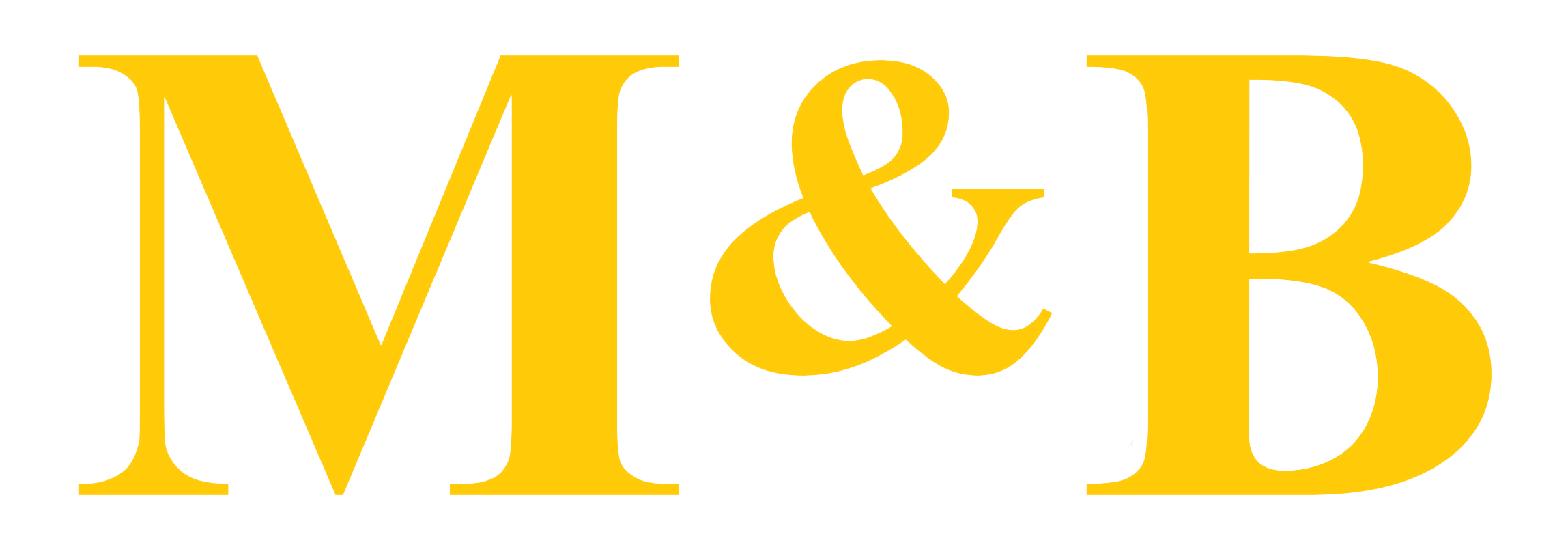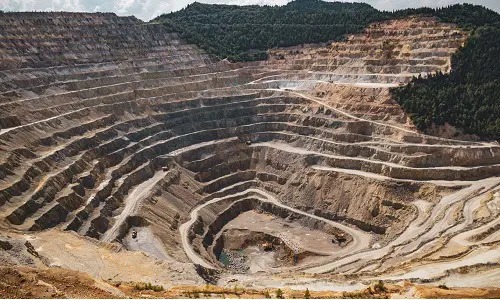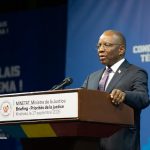Major cobalt producers including CMOC and Glencore are still waiting for the Congolese government’s approval to resume exports under a new quota system implemented on October 16, Reuters reports.
Under the new regulations, companies must now apply for monthly export quotas through the Authority for the Regulation and Control of Strategic Mineral Substances (ARECOMS) and pay royalties in advance based on allocated volumes and cobalt prices before shipment.
Quota and Quality Validation Required
To export, companies must validate their quotas and product quality, obtain traceability and compliance certificates, and allow direct ARECOMS oversight during sample collection. For October and November, advance payments are combined to activate quotas for both months.
Quotas have already been allocated, and companies are hoping for approval by the end of October, sources said, while warning of possible administrative delays.
The government has assured that no delays will occur.
Cobalt Prices Surge 92 Percent
Authorized exports total 18,125 tons for the fourth quarter of 2025 and 77,400 tons for 2026. Unused volumes can be carried forward through the end of 2025 but will expire on December 31. Starting in 2026, quotas will be monthly and non-transferable.
President Félix Tshisekedi claimed the export freeze has driven a 92 percent increase in cobalt prices since March, calling the quota system “a real lever to influence this strategic market” after years of “predatory strategies.”
Mining giant Glencore supports the system, while CMOC opposes it.
CMOC’s Tenke Fungurume and Kisanfu mines received the largest allocations: 6,650 tons for the fourth quarter of 2025 and 31,920 tons for 2026. Glencore’s operations, Kamoto Copper Company and Mutanda Mining, received 3,925 tons and 18,840 tons respectively. ARECOMS retains a strategic allocation of 10 percent.
Cobalt prices on COMEX have surged 90 percent from their nine-year low of $10 per pound in February, when the export freeze was announced.
M&B with Reuters





